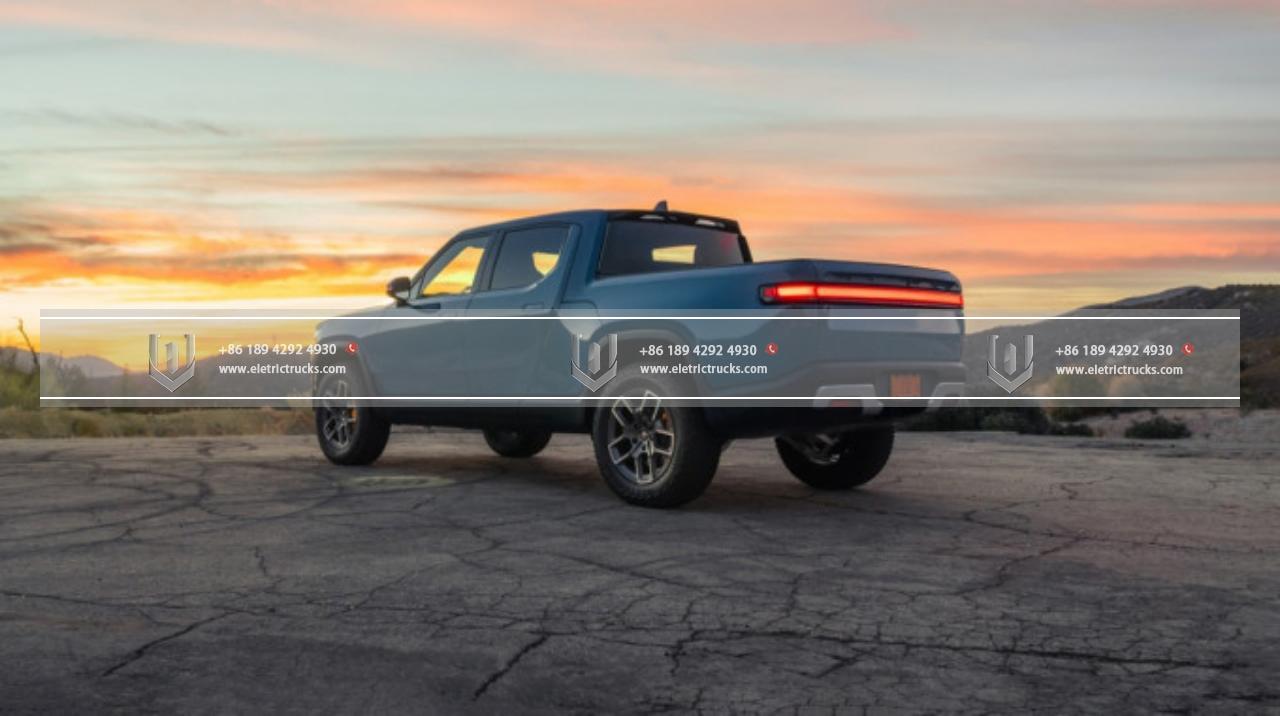Electric Truck Knowledge
Quiet Giants: Exploring the Power and Performance of Electric Trucks
In recent years, there has been a remarkable shift towards electric vehicles (EVs) as the world seeks cleaner and more sustainable transportation solutions. While much attention has been focused on electric cars, there is another category of vehicles quietly emerging as game-changers in the transportation industry: electric trucks. These silent revolutionaries, often referred to as “quiet giants,” are transforming the way goods are transported, offering a greener and more efficient alternative to their traditional counterparts. In this article, we will delve into the power and performance of electric trucks and examine their potential to reshape the logistics landscape.
Electric trucks, like their electric car counterparts, are powered by batteries that store and provide energy to electric motors. However, unlike passenger vehicles, trucks face a unique set of challenges due to their larger size and heavier loads. Overcoming these challenges requires innovative design, robust battery technology, and advanced powertrain systems. Thankfully, significant advancements in these areas have paved the way for the rise of electric trucks.
One of the most significant advantages of electric trucks is their environmental impact. Traditional diesel-powered trucks are notorious for their emissions of greenhouse gases and pollutants, contributing to air pollution and climate change. In contrast, electric trucks produce zero tailpipe emissions, leading to cleaner air quality and reduced carbon footprint. This makes them ideal for urban areas where air pollution is a pressing concern. By transitioning to electric trucks, we can significantly improve the quality of our cities’ air and make strides toward a sustainable future.
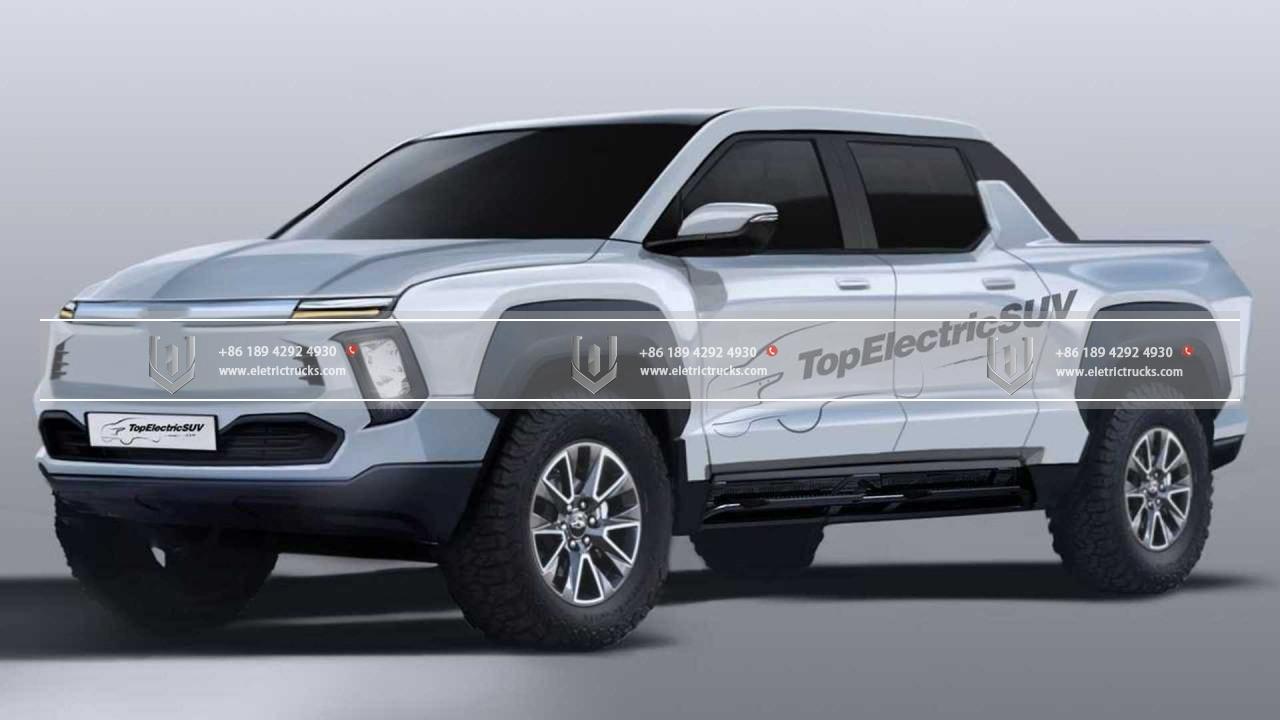
Beyond their environmental benefits, electric trucks offer a range of performance advantages. One such advantage is their torque. Electric motors provide instant torque, delivering impressive acceleration and power even at low speeds. This makes electric trucks well-suited for heavy hauling, allowing them to navigate steep inclines and carry substantial loads without compromising performance. Moreover, the absence of engine noise in electric trucks creates a quieter and more comfortable driving experience, reducing noise pollution and enhancing driver satisfaction.
Battery technology is at the heart of electric truck performance. In recent years, there have been tremendous advancements in battery technology, resulting in increased energy storage capacity, improved charging times, and enhanced durability. These developments have significantly extended the range of electric trucks, enabling them to travel longer distances without the need for frequent recharging. As charging infrastructure continues to expand, the range anxiety associated with electric vehicles becomes less of a concern, making electric trucks a viable option for long-haul transportation.
Additionally, electric trucks offer lower operational costs compared to their diesel counterparts. While the upfront cost of electric trucks may be higher, the overall lifetime costs can be significantly lower due to reduced fuel and maintenance expenses. Electricity costs are generally more stable than volatile diesel prices, providing operators with better cost predictability. Furthermore, electric trucks have fewer moving parts, resulting in reduced maintenance and repair needs, further contributing to cost savings. These financial benefits make electric trucks an appealing choice for fleet operators, who are increasingly recognizing the long-term economic advantages of electrifying their transportation fleets.
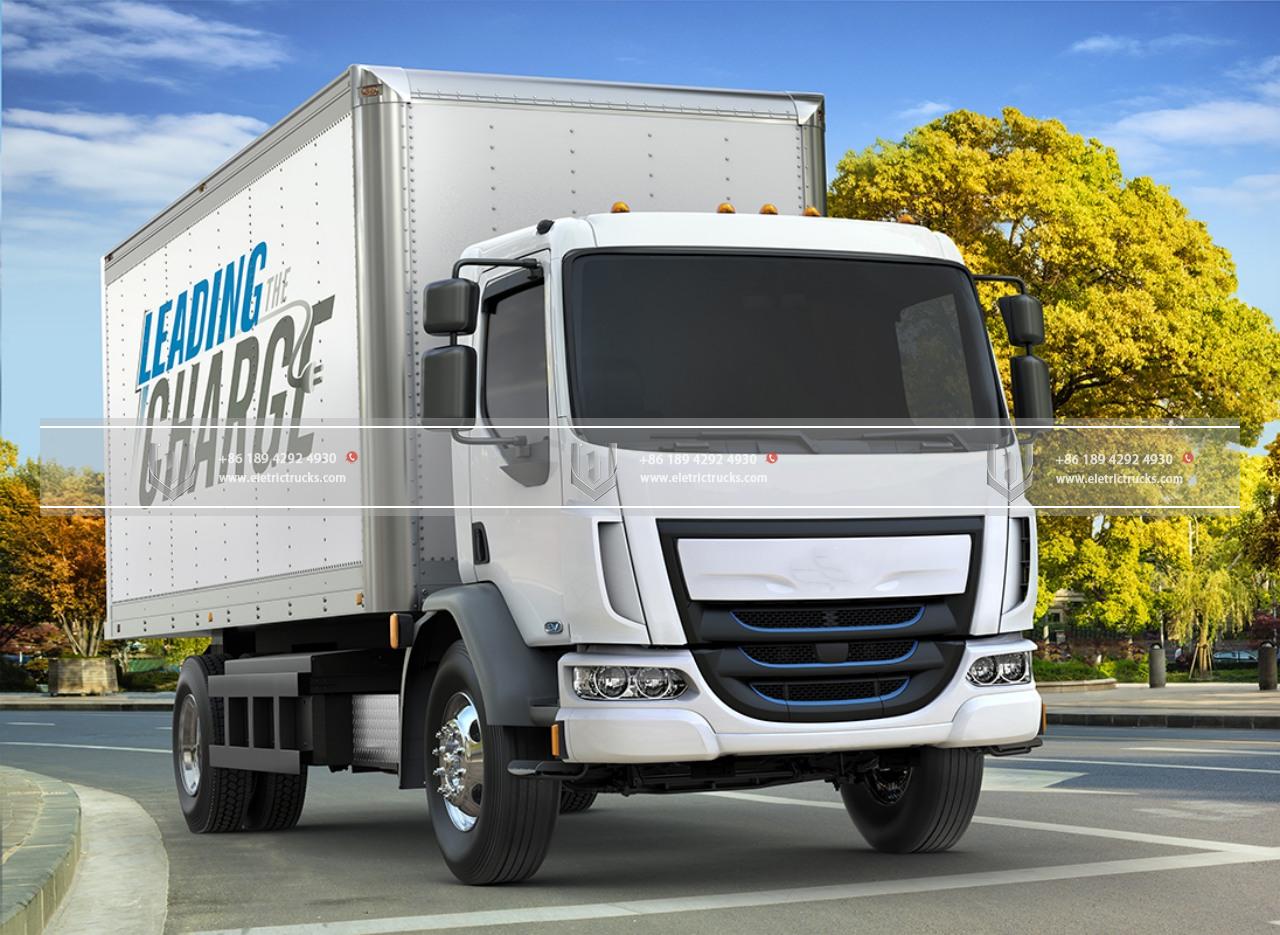
Government support and incentives are also playing a crucial role in accelerating the adoption of electric trucks. Many countries and local governments are implementing policies to promote the use of electric vehicles, including subsidies, tax breaks, and grants for purchasing electric trucks. These initiatives aim to incentivize fleet operators to transition to cleaner transportation options and contribute to their nations’ sustainability goals. By offering financial support and favorable regulatory frameworks, governments are helping to create an ecosystem that fosters the growth of electric trucks and paves the way for a greener future.
Despite the many advantages of electric trucks, challenges remain. One of the primary challenges is the development of a robust charging infrastructure. Rapid charging stations capable of accommodating the power demands of electric trucks need to be strategically located along major transportation routes and in logistics hubs. Additionally, the charging process itself needs to be efficient and fast to minimize downtime for truck drivers. Collaboration between governments, energy providers, and private companies is essential to address these infrastructure needs and ensure the seamless integration of electric trucks into our transportation systems.
Furthermore, the adoption of electric trucks has the potential to have a significant impact on the global economy. The transportation industry plays a vital role in the global supply chain, facilitating the movement of goods across countries and continents. By transitioning to electric trucks, we can reduce our dependence on fossil fuels and mitigate the volatility of oil prices, which can have far-reaching effects on the stability of the global economy. Electric trucks offer a more sustainable and resilient solution, ensuring a smoother flow of goods while reducing the environmental and economic risks associated with traditional fuel-powered vehicles.
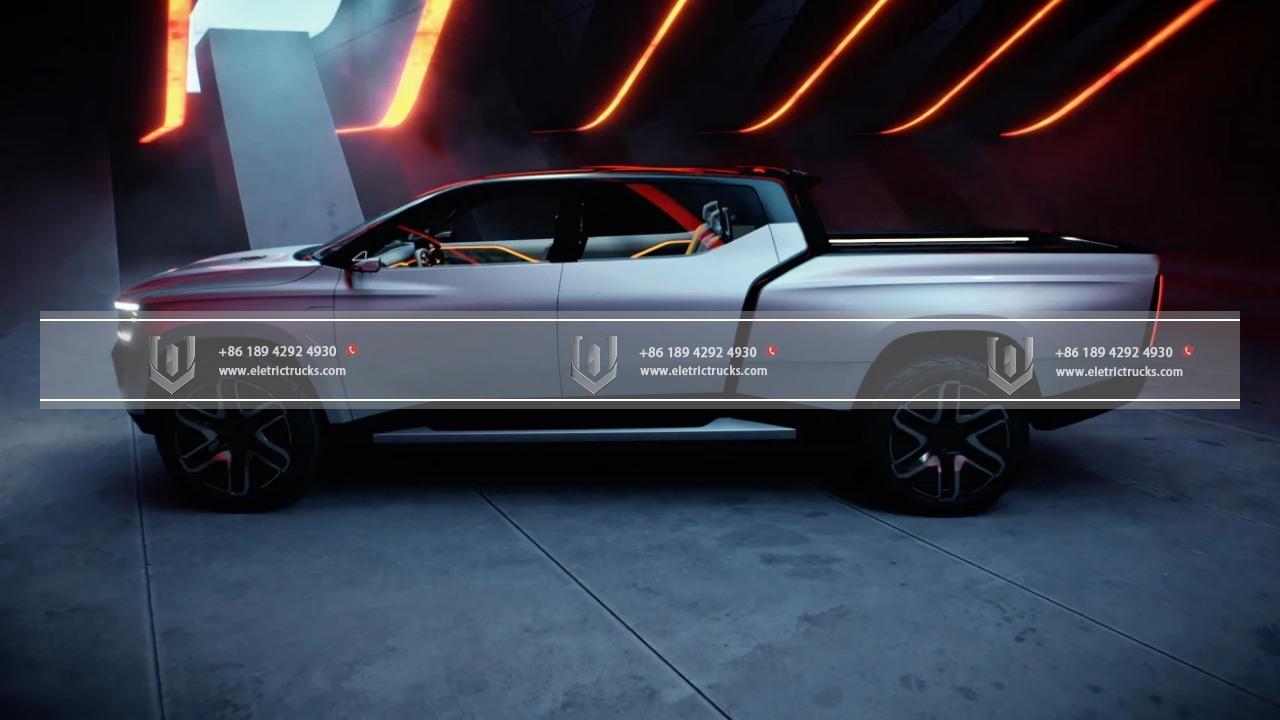
Another key aspect to consider is the role of electric trucks in promoting renewable energy integration. As the demand for electricity to power electric vehicles increases, there is an opportunity to leverage renewable energy sources such as solar and wind power to meet this demand. Charging stations for electric trucks can be powered by renewable energy, leading to a further reduction in greenhouse gas emissions and a transition towards a cleaner and more sustainable energy mix. This synergy between electric trucks and renewable energy can create a positive feedback loop, driving the growth of both industries and fostering a more sustainable energy ecosystem.
In addition to their environmental and economic benefits, electric trucks also have the potential to improve road safety. The technology employed in electric trucks includes advanced driver assistance systems (ADAS) and autonomous driving capabilities, which can enhance safety on the roads. Features such as collision avoidance, lane departure warning, and adaptive cruise control can help reduce accidents and human error, making transportation safer for both truck drivers and other road users. The integration of electric trucks with emerging technologies like vehicle-to-vehicle (V2V) and vehicle-to-infrastructure (V2I) communication systems can further enhance safety and efficiency on our roadways.
The introduction of electric trucks also presents opportunities for job creation and skill development. As the demand for electric trucks and associated infrastructure grows, there will be a need for skilled workers in areas such as manufacturing, maintenance, and charging infrastructure installation. Training programs and educational initiatives can be implemented to equip individuals with the necessary skills to thrive in the emerging electric truck industry. This not only helps in the transition to a greener economy but also provides new job opportunities and economic growth.
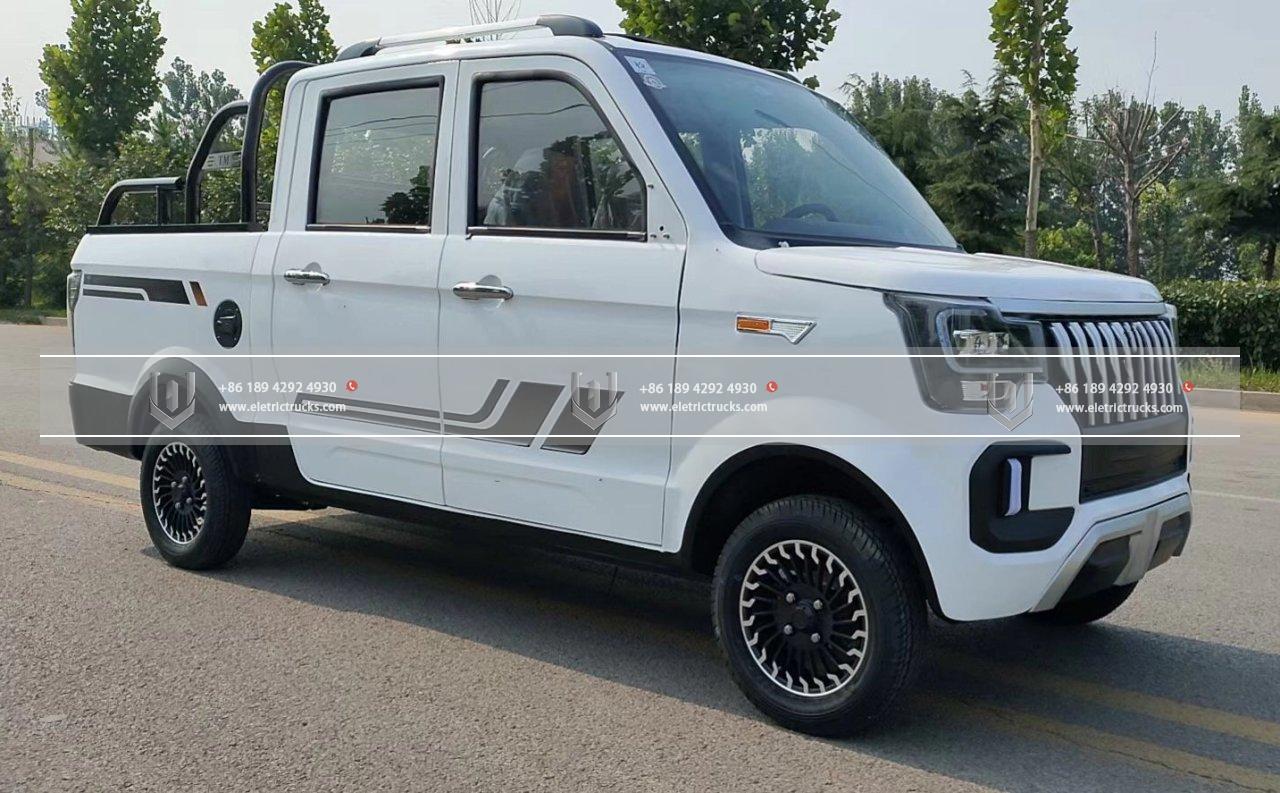
While electric trucks have made significant strides in recent years, there are still areas that require further research and development. Continued innovation in battery technology is essential to improve energy storage capacity, charging speed, and overall performance. Additionally, the development of lightweight and aerodynamic truck designs can help optimize efficiency and extend the range of electric trucks. Collaborative efforts between automotive manufacturers, battery producers, and research institutions are vital to driving these advancements and overcoming the remaining challenges.
In conclusion, electric trucks are a testament to the ongoing transformation in the transportation industry. With their environmental benefits, impressive performance, and cost savings, electric trucks are proving to be the quiet giants of the road. As governments, businesses, and consumers embrace these sustainable alternatives, we can pave the way for a greener and more efficient future of transportation. By leveraging renewable energy sources, improving infrastructure, and investing in research and development, we can unlock the full potential of electric trucks and accelerate the transition to a cleaner, quieter, and more sustainable logistics landscape. The era of the quiet giants has arrived, and it is up to us to harness their power for a better tomorrow.
